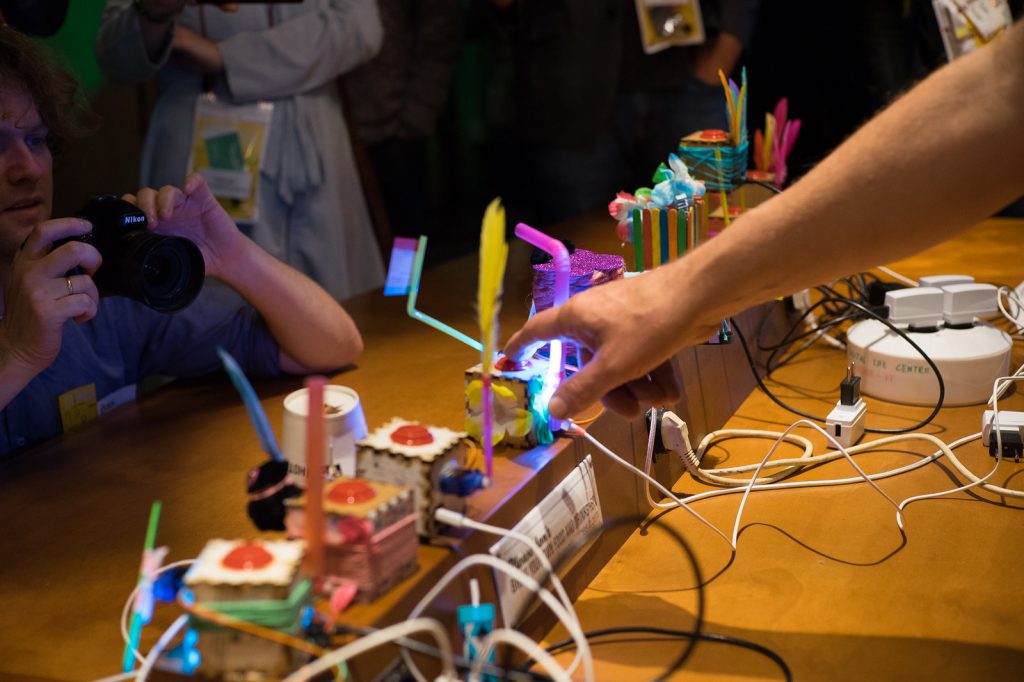
Er zijn zoveel manieren waarop digitale vaardigheden onder EU-burgers bevorderd kunnen worden. De Europese Commissie vindt het belangrijk dat informatie gedeeld wordt over de vele ‘best practices’ in heel Europa, om te zien wat goed werkt in het ene land en het te repliceren in andere landen en aan te passen aan de specifieke lokale behoeften en eisen. De Europese Commissie heeft met de bijdrage van de Digital Champions enkele geweldige projecten geïdentificeerd die een inspiratie kunnen zijn voor andere soortgelijke initiatieven. Make IT Work, het omscholingstraject van de Hogeschool van Amsterdam waar Media Perspectives ook bij betrokken is, wordt ook genoemd!
Bekijk hieronder de lijst met best practices:
Bron: Europese Commissie